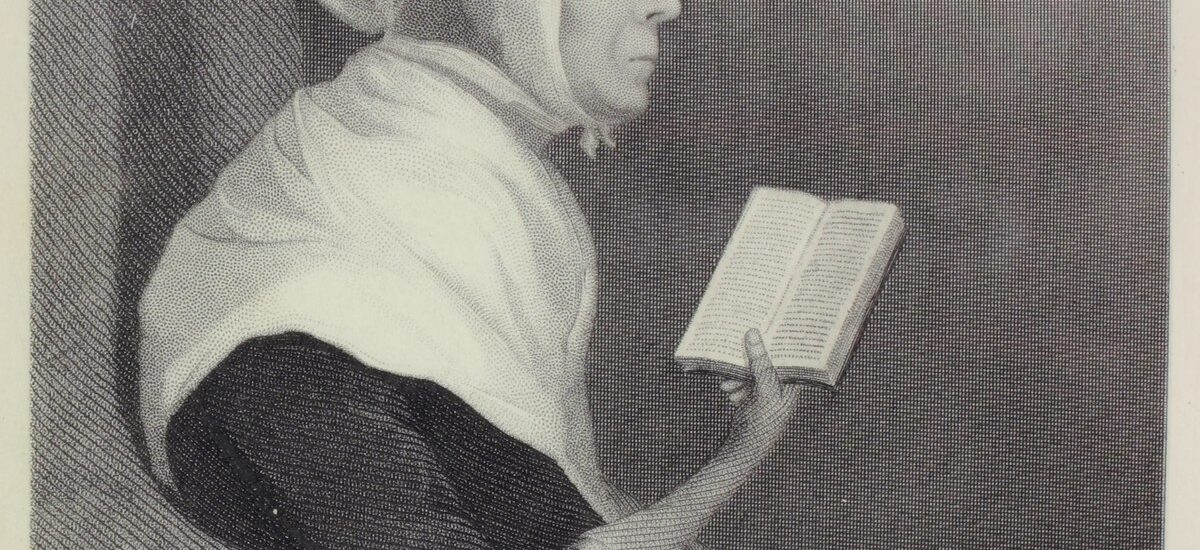Welcome to the intriguing story of Margaret Morris, a notable Quaker healer whose life and work left a significant imprint on the spiritual landscape of her time. As you explore the area around these coordinates, you are stepping into a world that intertwines history, spirituality, and humanitarian service.
Margaret Morris was born in the early 18th century into a devout Quaker family, a religious group known for their commitment to peace, equality, and simplicity. The Quakers’ belief in the ‘Inner Light’—that there is something of God in everyone—profoundly influenced Margaret’s approach to healing and spirituality.
The Quaker movement, which began in the mid-17th century, was a radical departure from the established religious practices of the time. Quakers eschewed formal rituals and clergy, focusing instead on personal revelation and a direct relationship with God. Their meetings were characterized by silent worship until someone felt moved by the Spirit to speak. This egalitarian approach allowed women, like Margaret Morris, to play significant roles within the community.
Margaret Morris is perhaps best remembered for her remarkable work as a healer during the Revolutionary War. At a time when medical knowledge was rudimentary, and women were often relegated to the margins of such professions, Margaret’s skills were widely acknowledged and sought after. She provided care not only to her fellow Quakers but also to soldiers and locals, regardless of their allegiance in the conflict. Her home served as a refuge and a makeshift hospital, embodying the Quaker commitment to peace and service.
The location you are near was once part of the bustling communities that supported Revolutionary War efforts. Imagine, if you will, Margaret Morris tending to the wounded by candlelight, her soothing presence and deft hands bringing comfort and relief. Her healing was as much about spiritual care as it was about physical remedies, reflecting the Quaker belief in the interconnectedness of body and spirit.
Throughout her life, Margaret Morris was a firm believer in the power of spiritualism, a belief system that gained popularity in the 19th century. Spiritualism posits that the dead can communicate with the living, and spirits can provide guidance and wisdom. While Margaret predated the height of this movement, her Quaker background and practice of listening to the ‘Inner Light’ resonated with spiritualist principles.
Today, the legacy of Margaret Morris is a testament to the enduring impact of the Quaker tradition on social justice, healthcare, and spiritual exploration. Her life reminds us of the profound influence of faith and service in shaping communities. As you continue your journey, consider the lives touched by her compassion and dedication, and the ways in which her spirit echoes through the generations.
Margaret Morris’s story is a vibrant thread in the tapestry of local history, offering insights into the broader historical context of spirituality and service. This site remains a point of reflection on the power of individual action driven by faith and empathy.




